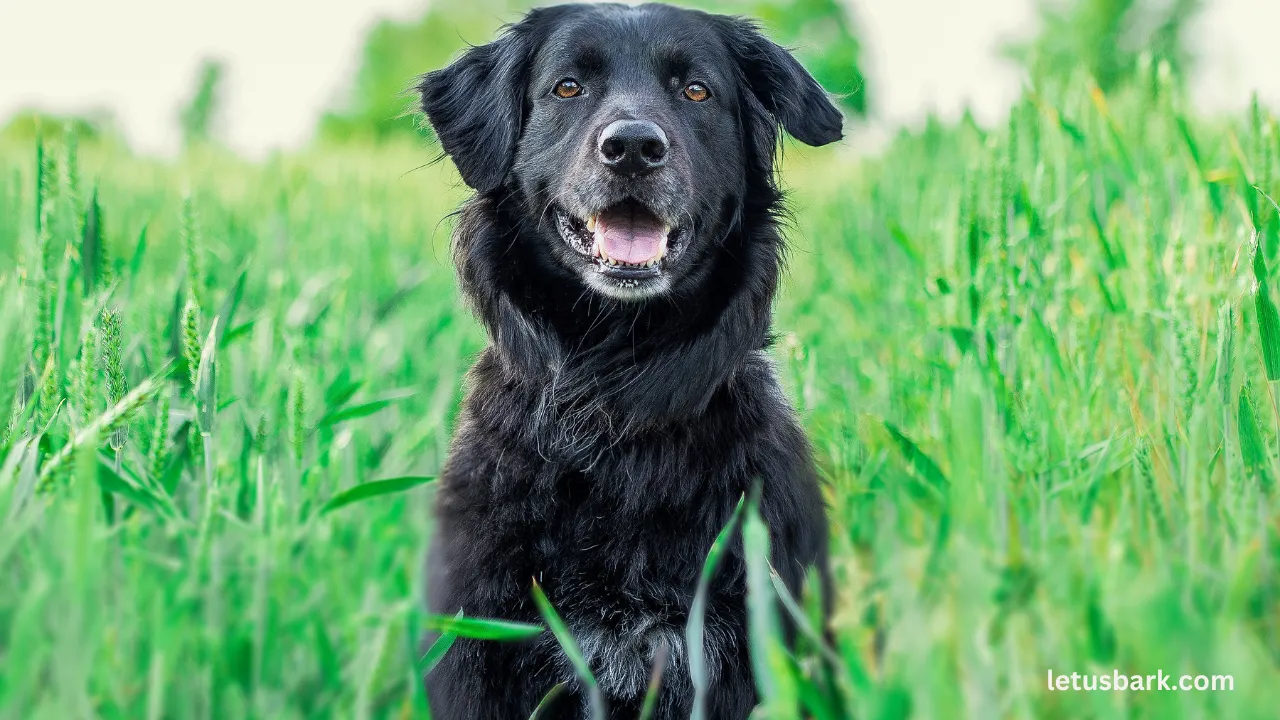Dogs are often curious and eager to try whatever their human companions are eating. As responsible pet owners, it’s crucial to be mindful of what foods are safe for our canine friends.
Oranges, known for their tangy and sweet flavor, raise questions regarding their suitability for dogs. Let’s delve into this topic to understand the potential risks and benefits associated with feeding oranges to dogs.
Contents
Understanding Oranges and Canine Health
- Nutritional Content
Oranges are a rich source of vitamin C, fiber, and various beneficial nutrients. Vitamin C, known for its antioxidant properties, plays a vital role in maintaining a strong immune system in both humans and dogs. - Benefits of Oranges
In moderate amounts, oranges can provide dogs with essential nutrients. The fiber content in oranges may help with digestive health, while vitamin C can support overall immune function. - Potential Risks
Despite the nutritional benefits, oranges come with potential risks for dogs. The high acidity and natural sugars in oranges can upset a dog’s stomach and lead to gastrointestinal issues. Additionally, the thick peel and seeds pose a choking hazard and can cause digestive blockages.
Considerations for Feeding Oranges to Dogs
- Moderation is Key
If you decide to give oranges to your dog, it’s essential to do so in moderation. Excessive consumption can lead to stomach upset and diarrhea. - Preparation and Precautions
Peel the oranges and remove any seeds before offering them to your dog. This reduces the risk of choking and digestive complications. - Observation and Monitoring
After feeding your dog oranges for the first time, closely monitor their behavior and any signs of discomfort. If your dog exhibits any adverse reactions, such as vomiting or diarrhea, refrain from giving them oranges in the future.

Consulting with a Veterinarian
- Individualized Advice
Every dog is unique, and their dietary needs may vary. Consulting with a veterinarian before introducing oranges into your dog’s diet is essential. A professional can offer personalized guidance based on your dog’s health and specific requirements. - Health Conditions and Allergies
For dogs with pre-existing health conditions or sensitivities, such as diabetes or allergies, it’s especially important to seek veterinary advice before incorporating oranges or any new foods into their diet.
The Bottom Line
In conclusion, the question of whether dogs can have oranges revolves around responsible pet ownership and consideration for the well-being of our furry companions. While oranges contain beneficial nutrients, the potential risks associated with their consumption in dogs necessitate cautious decision-making.
Conclusion
Being attentive to what your dog consumes is an essential aspect of pet care. With the right knowledge and thoughtful consideration, you can make informed choices regarding your dog’s diet, ensuring their safety and well-being.
Remember, a veterinarian’s expertise is invaluable in navigating the complexities of canine nutrition, and seeking professional advice is always recommended when introducing new foods into your dog’s diet.
In summary, while the occasional small slice of orange may offer some nutritional benefits, it’s crucial to approach the matter with discretion and prioritize the overall health and safety of your beloved canine companion.
FAQs
Can dogs eat oranges?
Yes, dogs can eat oranges in moderation. Remove any seeds and offer small pieces to avoid digestive issues.
Are oranges good for dogs?
Oranges can be beneficial for dogs in small amounts, providing vitamin C and fiber. However, excessive consumption can lead to stomach upset.
Can dogs have orange juice?
It’s best to avoid giving dogs orange juice due to its high sugar content and acidity, which can upset their stomach.
Are orange peels safe for dogs?
Orange peels should be avoided as they are difficult to digest and can cause gastrointestinal blockages in dogs.
How should oranges be prepared for dogs?
Before giving oranges to dogs, peel them and remove any seeds. Offer small, bite-sized pieces to minimize the risk of choking.








